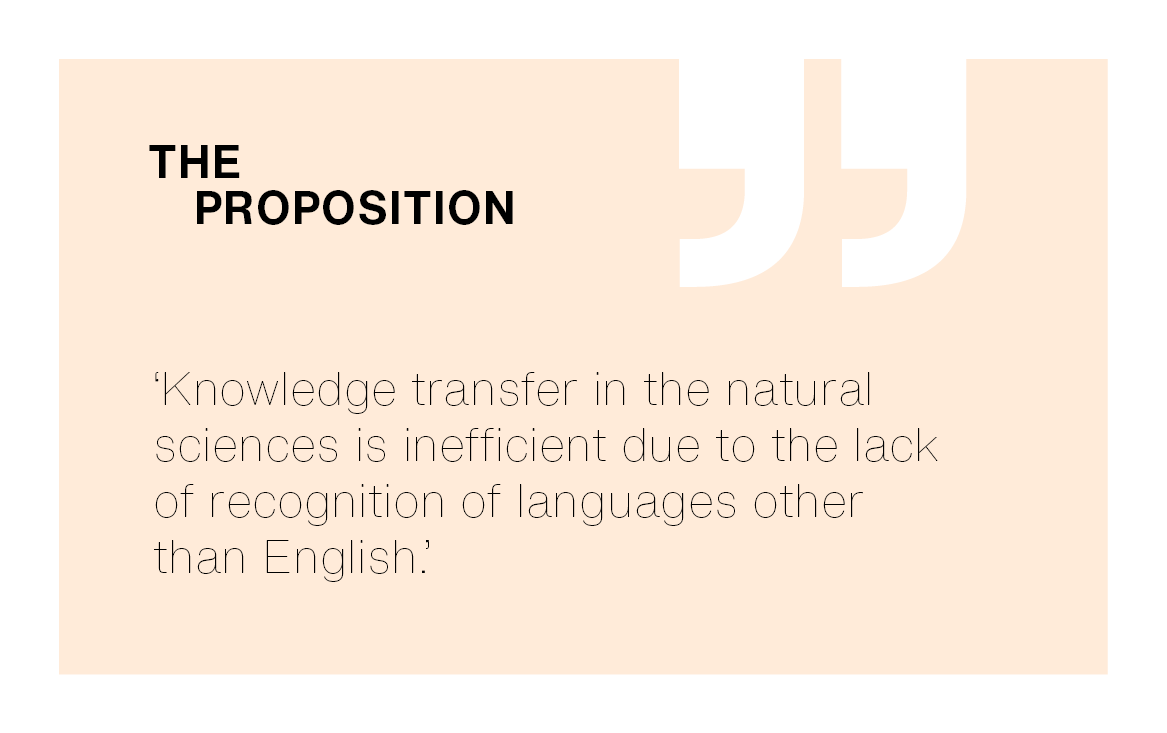For PhD candidates, their thesis propositions are an opportunity to publicly express their professional and personal convictions about science and society. In this feature they explain their most thought-provoking proposition. This time, a proposition from Katherine Barragán-Fonseca from the Laboratory of Entomology, who defends her thesis on 14 October 2022.
‘People are not aware that it is a privilege to be able speak English. In the Netherlands you get English lessons right from primary school. But as a Colombian, I had to learn English as an adult. I needed it for my university degree course, but I had to invest my own time and money in learning it. And some of my classmates could not afford that. That is a shame for these people, but also for science. I know brilliant scientists who speak Spanish but not English. Others will never get to benefit from their ideas.
‘In the social sciences, there is more awareness of knowledge among speakers of other languages. In the natural sciences, we still need to take that step. A lot of information gets missed because scientists do not consult non-English literature. Conversely, I sometimes come across useful research for organizations in my home country, but the studies are not in Spanish. That makes it difficult to share that knowledge. Whereas non-English journals always include an English abstract, English journals rarely include a summary in Spanish or other languages.
‘High-impact journals have a big responsibility to set an example. They could publish one article in another language every issue. The Journal of Applied Ecology already allows abstracts in a second language. And I can do my bit as a researcher too: I now ask the journals I submit to if they could publish my abstract in Spanish. Some respond positively.’




